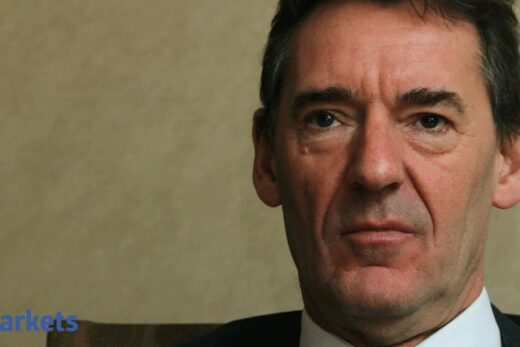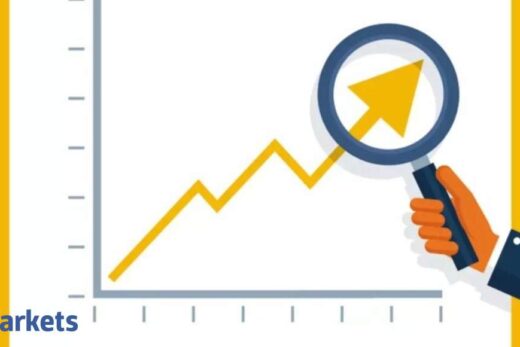Uday Kotak has said that the RBI might inevitably have to expand its balance sheet due to the Covid situation. What, according to you, the RBI can do given that we have already seen a fairly high expansion?
First of all, we should remember that the RBI has already committed through its G-Sec programme that they would be buying at least Rs 1 trillion of government securities. The market’s expectation is that this will be done over the next several quarters to support the economy. In a way, RBI has already pre-committed to using its balance sheet and when we are in a pandemic situation, I don’t think RBI will have any problem of utilising the balance sheet. What is required is to maintain financial stability and to ensure that you do not have any problem in the financial market space either in NBFCs or banks. There is sufficient liquidity in the economy.
To that extent, we remain confident that RBI will use its balance sheet at this stage. Otherwise, there could be a sacrifice on growth. Growth estimates could turn out to be lower without the explicit support of RBI.
What are the risks of expanding the balance sheet? What is your view on liquidity management as of now?
The normal risk of increasing balance sheet is inflationary pressure and overheating of growth. At this moment, we do not have that problem. In fact, we have a negative output gap which means that the economy is growing much below potential and therefore the big inflation risk is not there.
As many people have lost their jobs and the labour market is pretty weak, nobody will have the bargaining power to go and ask for higher wages. Therefore, we will not have a scenario where inflation would be a big risk in the next 6-9 months. As long as growth is on the weaker side, we would not be worried that much about inflationary risk from a structural point of view. Therefore, RBI using its balance sheet does not have that kind of risk at least for FY22.
If growth increases to a certain level and the vaccination drive improves significantly, then RBI will think of slowing down the pace of purchases that they have promised. But at this point of time, we are still firefighting and we need to ensure that we have sufficient support both from the monetary side and fiscal side to support growth. At this stage, growth is a bigger priority than thinking about inflationary risks.
How can the RBI manage the huge government borrowing? What kind of bearing would it have on the movement of the yield as well as the rupee?
RBI has managed the government borrowing programme from last year pretty well and the 10-year government bond yields have gone up this quarter but now it has settled down at 6%. So there could be pressure on the 10-year bond yields as growth recovery becomes stronger in the next few quarters. But we know that RBI has already committed to purchase a lot of bonds in FY22. So earlier Governor Das had said that RBI will buy at least Rs 3 trillion of government bonds in FY22. Last year, they bought close to Rs 3.7 trillion worth of bonds. So would naturally be pressure on bond yields as growth increases over the next few quarters. RBI will ensure that those increases are orderly and you have an orderly evolution of the yield curve. We expect RBI to remain proactive with its bond purchases. The supply pressure is huge from the government side. Yields will not be moving in a disruptive fashion and RBI will manage the government programmes pretty well just like they did last year.



